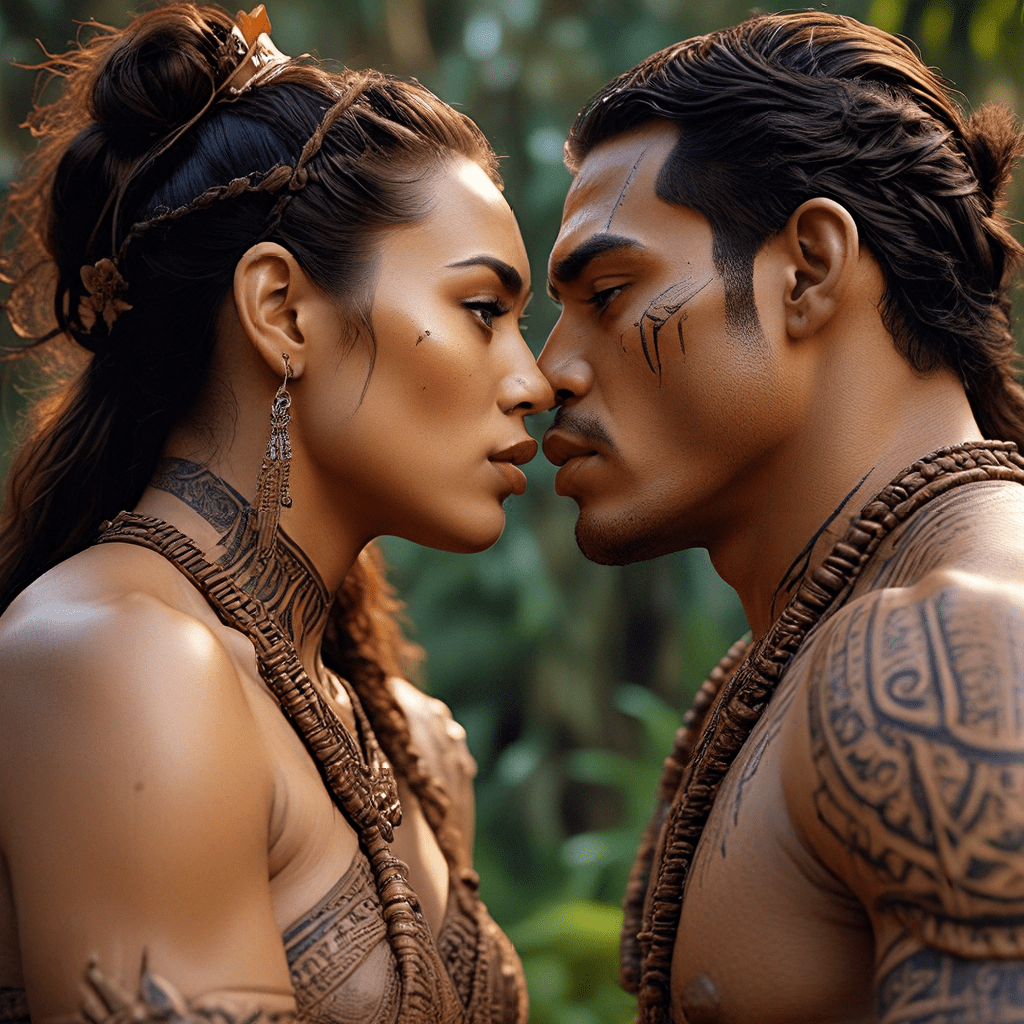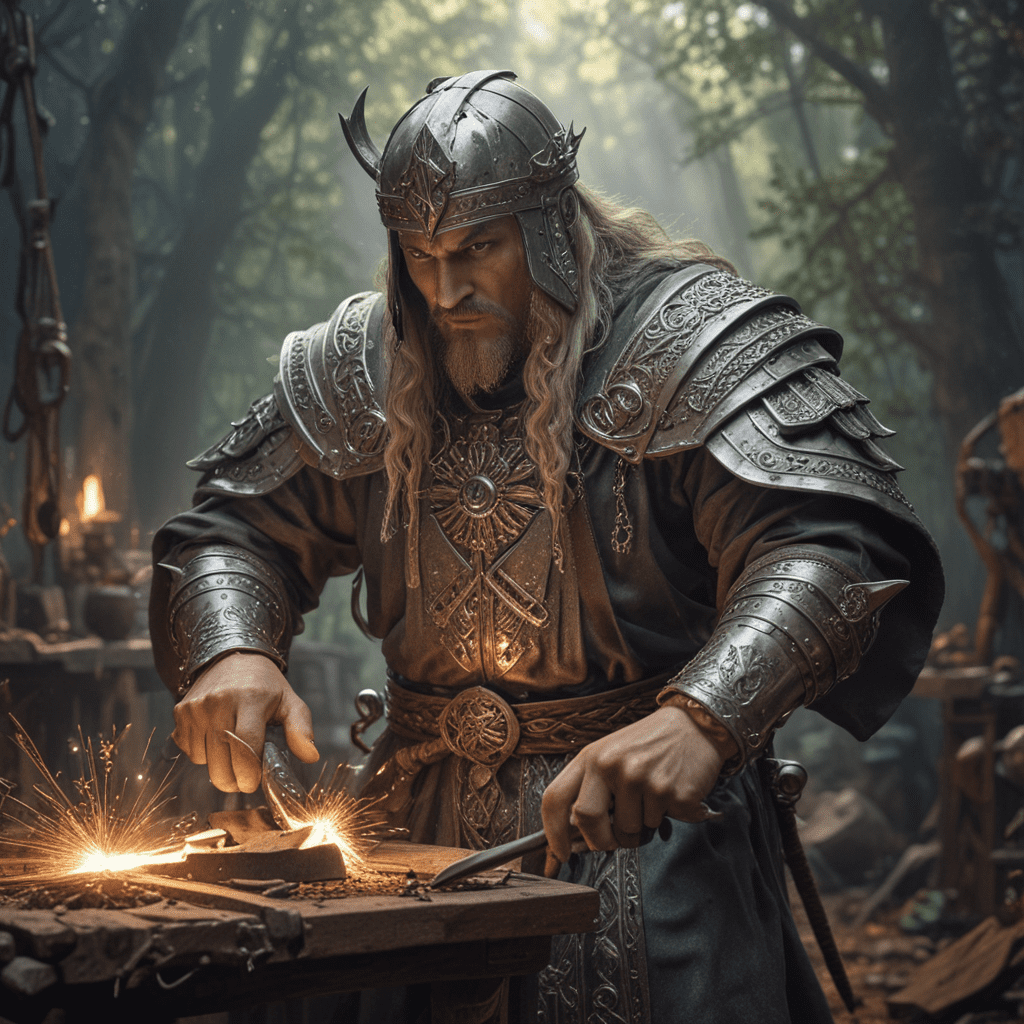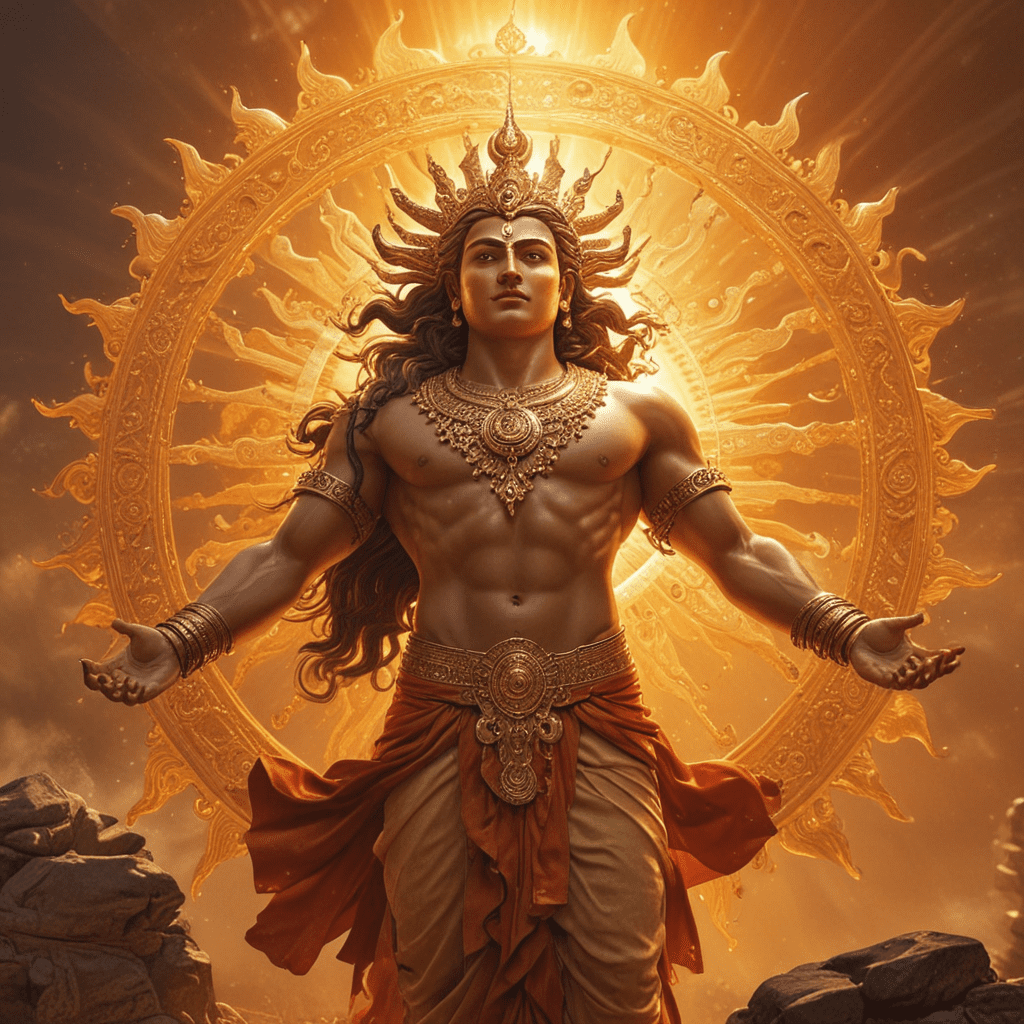From Gods to Monsters: The Dark Side of Mythic Transformations
1. Introduction: The Duality of Mythic Beings
Mythology serves as a powerful lens through which we can examine the complexities of human nature, often portraying a captivating duality between gods and monsters. Across various cultures, mythic transformations have been a recurring theme, showcasing the fluidity between divine grace and monstrous descent. This duality is not merely a narrative device; it reflects the intrinsic conflict within humanity itself—between our higher aspirations and our darker impulses.
The significance of gods and monsters in mythology cannot be overstated. Gods often embody ideals of power, virtue, and creativity, while monsters represent chaos, fear, and moral ambiguity. The purpose of exploring the dark side of these transformations is to understand how they reveal the vulnerabilities and contradictions of the human experience.
2. The Archetype of the Hero and the Fall from Grace
The hero archetype is a staple in mythological narratives, representing the ideal of courage, strength, and virtue. However, many heroes experience a tragic fall from grace, transforming into figures of monstrosity due to their flaws or circumstances beyond their control. Examples include:
- Hercules: Once celebrated for his strength and heroic feats, Hercules’ rage led him to commit horrific acts, resulting in a transformation of his reputation from hero to monster.
- Achilles: The great warrior of the Trojan War, Achilles’ pride and anger ultimately lead to his downfall, showcasing the dangers of unchecked emotions.
This transformation often carries psychological and cultural implications, serving as a cautionary tale about the dangers of hubris, the fragility of human virtue, and the thin line between heroism and monstrosity.
3. Divine Punishment: Transformation as Retribution
In many mythologies, transformation is portrayed as a form of divine punishment, serving as a moral lesson for humanity. A notable example is the myth of Zeus and Lycaon, where Lycaon’s hubris and disrespect towards the gods result in his transformation into a wolf. This narrative illustrates how the gods wield transformation as a tool for retribution, emphasizing the consequences of moral failures.
These transformations often convey important moral lessons, such as:
- The dangers of hubris and pride.
- The importance of respect for divine authority.
- The inevitability of facing consequences for one’s actions.
Hubris, or excessive pride, is frequently depicted as the catalyst for divine wrath, highlighting the delicate balance between mortals and the divine.
4. Monsters as Reflections of Human Fear and Desire
Monsters in mythology often symbolize humanity’s darker impulses, acting as a mirror to our fears, desires, and internal conflicts. For instance, the mythic figures of Medusa and the Minotaur represent the complexities of human emotion and morality.
- Medusa: Once a beautiful maiden, her transformation into a monster serves as a cautionary tale about the consequences of jealousy and betrayal.
- Minotaur: A hybrid creature born from a curse, representing the struggle between our animalistic instincts and human rationality.
The transformation of humans into monsters can be interpreted as a metaphor for internal conflict, illustrating how fear and desire can distort identity and lead to monstrous behavior.
5. Cultural Contexts: Variations in Mythic Transformations
Transformations manifest differently across cultures, reflecting distinct societal values and beliefs. For example:
- Greek Mythology: Often emphasizes individual flaws and divine punishment, highlighting the consequences of hubris.
- Norse Mythology: Explores themes of fate and the inevitability of transformation through cycles of death and rebirth.
- Hindu Mythology: Features transformation as a means of spiritual growth, where characters evolve through trials and tribulations.
This comparison reveals that while the themes of transformation are universal, they are shaped by cultural narratives that reflect each society’s values and fears.
6. The Role of Gender in Mythic Transformations
The portrayal of gender in mythic transformations often reveals underlying power dynamics and societal attitudes towards femininity. Female figures who transform into monsters, such as Lilith and Scylla, serve as poignant examples.
- Lilith: Often depicted as a demon, her transformation reflects societal fears of female independence and sexuality.
- Scylla: A tragic figure transformed into a monster due to betrayal, symbolizing the consequences of love and loss.
The implications of these gendered narratives highlight how mythology can reinforce or challenge societal norms, particularly regarding femininity and power.
7. The Psychological Perspective: Transformation and Identity
Psychological theories, particularly Jungian archetypes, provide insight into how mythic transformations mirror personal and collective identity crises. These transformations often reflect:
- The struggle between the conscious and unconscious mind.
- Societal pressures that shape individual identity.
- The impact of trauma on self-perception and behavior.
Through these narratives, we can explore the complexities of identity and the transformative power of both personal and collective experiences.
8. Modern Interpretations: From Myth to Contemporary Media
Modern literature and film continue to reinterpret mythic transformations, often reflecting contemporary societal issues. In superhero films and fantasy series, the evolution of gods and monsters serves to address themes such as:
- The nature of power and responsibility.
- The struggle for identity in a complex world.
- Societal fears and desires manifested through mythic narratives.
This evolution highlights the relevance of mythic transformations in understanding modern human experiences and societal challenges.
9. The Ethical Implications of Mythic Transformations
Finally, the exploration of mythic transformations raises ethical questions about morality, justice, and the nature of change. As we reflect on these narratives, we must consider:
- The responsibility of individuals in their transformations.
- The role of societal values in shaping perceptions of monstrosity.
- The implications of transformation on personal identity and morality.
By examining these ethical dimensions, we can gain deeper insights into the human condition and the transformative power of myths.



